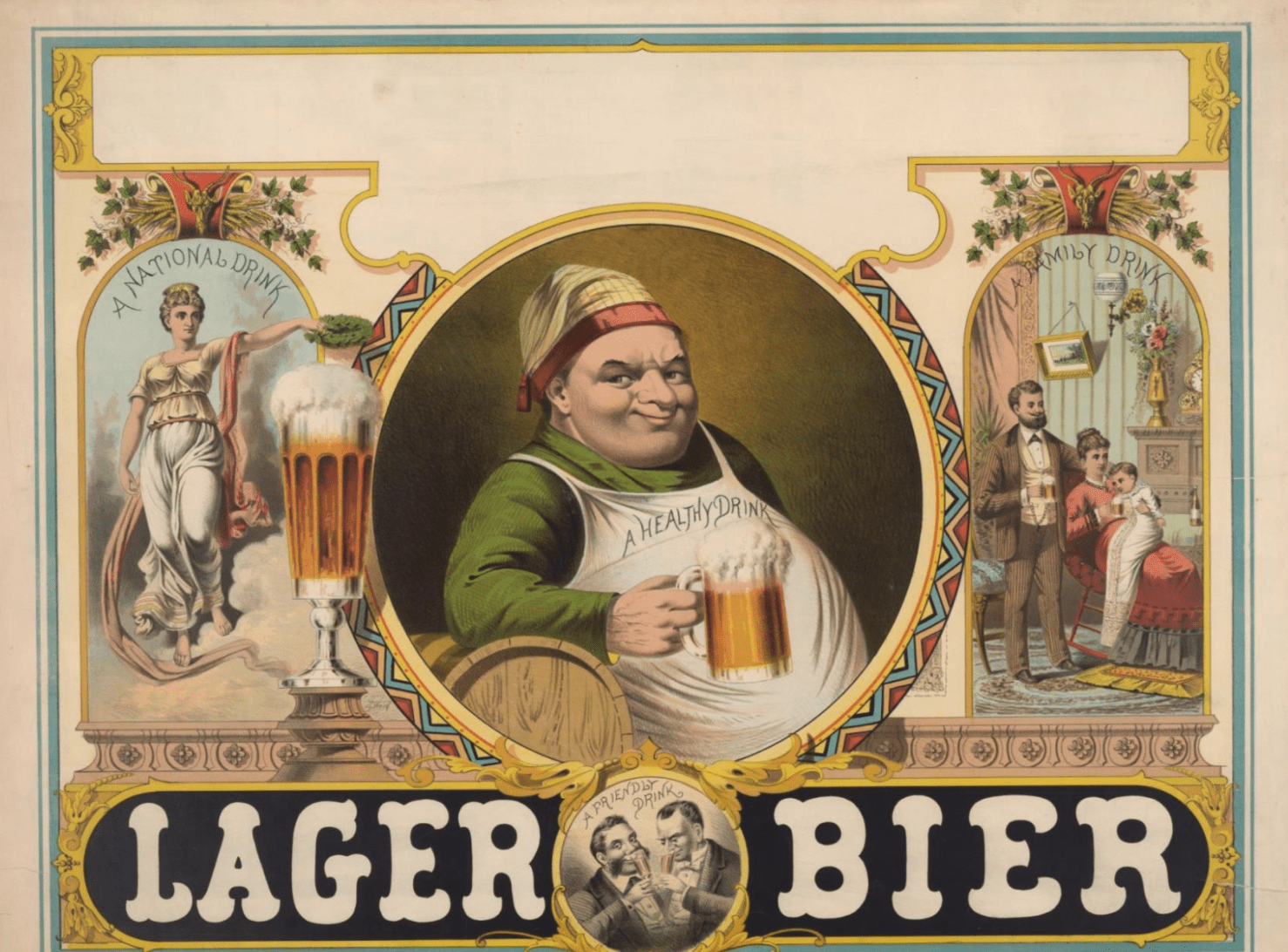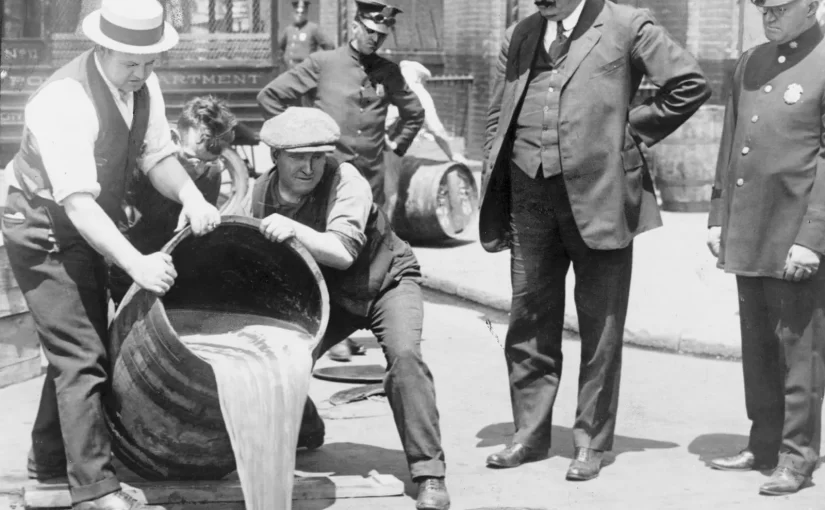Question: What do beer, wine and whiskey all have in common? You know it, you love it, alcohol. Drinking alcohol, whether it be at a party, at a bar, in a club or alone in your shower at night, has become a frequent past time for those who hate their liver. And one country that loved it more than any other country in the world was the United States of America.
George Washington handed out daily cups of whiskey to his men during the American Revolution, Ulysses S. Grant was hardly ever seen without a bottle in his hand and even the Mayflower was packed with barrels of beer. In the 19th Century, Americans drank nearly seven gallons of alcohol a year, over three times the amount drunk in the 21st Century.
However, this excess of alcohol slowly began to grate on the women, who believed that their husband’s excessive drinking was ruining their families. They were very outspoken about this in a time where if a woman so much as even breathed it would be a scandal. They began to protest, whether it be silently praying outside saloons or marching in the streets singing hymns. The Women’s Christian Temperance Union (WCTU) was established in 1874, in an effort to advocate for alcohol abstinence. However, a problem soon arose, in that with the women out all the time, they quickly found out that their husbands were awful homemakers.
Whilst the women were forced into returning home, they got the ball rolling on a massive movement that would make it all the way to Washington D.C. The Anti-Saloon League, created by attorney Wayne Wheeler was created in an effort to expand the efforts of the women, which focused on many different issues besides alcohol, and get alcohol banned nationwide. Wheeler managed to convince all the American People into getting behind the alcohol ban. He’d tell factory owners that alcohol made their irresponsible workers lazy, whilst telling the employees that it was a capitalist ploy to keep them subjugated. He told the black community that alcohol was hindering its progress to civil rights, whilst telling white supremacists that alcohol turned black men into brutes. As you can imagine, he did this for every single opposing group across the country until everyone agreed on one thing. Alcohol had to go.

Unfortunately, this meant Wheeler held a lot of power. He’d often rally support against pro-alcohol congressmen, on one occasion replacing the entire Ohio State Congress and the popular Governor with prohibitionists. Politicians across the country now all feared Wayne Wheeler. Those who often enjoyed drinks in private often switched allegiances on prohibition policy at the whim of Wheeler.
When war came to America in 1917, temporary prohibition laws were put into place as wartime measures in order to preserve grain. In addition, the opposition to the Germans decreased the popularity of lager beer, the beverage most popularly associated with the country. Whilst the ASL had hit hard with the their own propaganda, the German beer companies hit back harder, presenting beer as a healthy drink, even something to give to your children.

With most of the country largely in favour of prohibition, many campaigned in favour of prohibition. However, with alcohol made up 40% of the Federal Income. However, Wheeler swooped in, lobbying for the creation of an Income Tax bill that filled the gap that alcohol would leave. The Volstead Act was introduced to congress in 1913, not just as a bill but as a constitutional amendment. The amendment passed the House 282-128 and the Senate 41-8, with all states ratifying the amendment by 1919.
The United States of America, a country built on liberty and freedom had just taken away the right of their citizens to choose whether or not to drink alcohol. It took all of five minutes for people to begin breaking the law they enabled to be passed.
